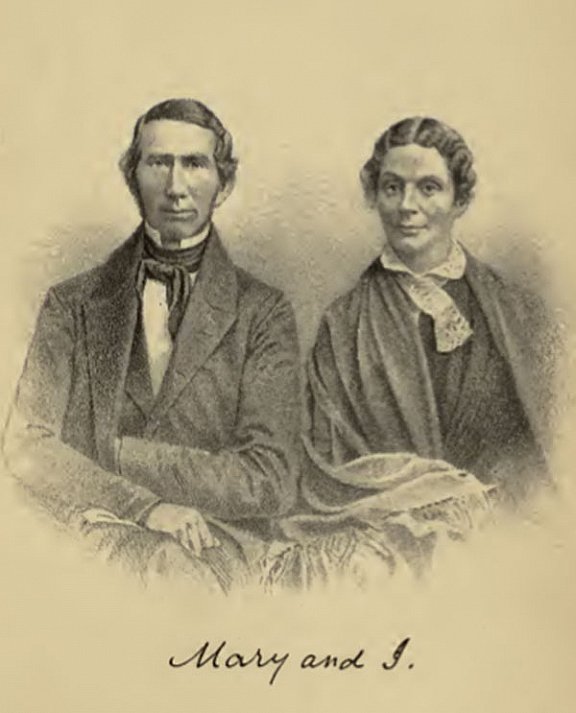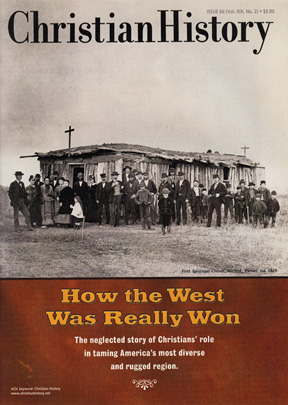Mary Rigg Battled Loneliness and Missed Beautiful Things

Missionaries Stephen and Mary Rigg.
MARY LONGLEY was the daughter of a leading citizen of Massachusetts. She became a teacher at the age of sixteen, earning a dollar a week and saving every penny earned in her first quarter so she could give $12 to her father in appreciation of his expense in educating her.
Under the protection of Rev. Dyer Burgess, she went to Ohio to teach. At the time, her mentor Burgess had taken an interest in a zealous ministerial student named Stephen Rigg. Stephen and Mary fell in love and agreed that their life work would be to carry the gospel to Native American tribes. Married in 1837 on a visit to Massachusetts, they made the slow trip back to Ohio over muddy roads, and boarded a steamer that would take them down the Ohio River to St. Louis. In St. Louis they caught another boat to Fort Snelling at the junction of the Mississippi and Minnesota rivers.
Immediately after reaching Fort Snelling, they began studying the Dakota language. With the help of a trader, Stephen translated the Gospel of Mark into Dakota within a year. Eventually he published a Dakota dictionary and the entire Bible. Soon the Riggs moved to Lac-qui-parle, where they lived for five years in an unfinished upper room measuring 10’ x 18’—not only the two of them, but their first three children. Conditions were hard and pleasures few. Letters from home took months to arrive. Mary missed flowers.
In the meantime, she taught English and learned to bake bread and milk cows. Because no reputable Dakota women were willing to help with laundry, she hired women from among the outcasts of Dakota society. While they washed clothes, she taught them the gospel. Soon these women became the most decent in the village and formed its first little church.
But opposition to the mission was strong. Some of the Dakota killed the mission cattle, stole utensils and crops, threatened to tear down the Riggs’ home, and sometimes shot at them. Other hardships abounded, including months of isolation, long treks, and endless work. Mary’s beloved younger brother drowned during a visit. The Riggs’ home burned and they lost most of their belongings and books.
In 1862 the Sioux revolted, killing many white people in the area. The Riggs fled in a cold rain with little food and barely enough clothes to cover themselves. After the uprising was suppressed, Stephen and others preached to captured Indians. Hundreds converted. Demand for Dakota Bibles and hymn books could not be met. Stephen noted, “The outbreak was the culmination of hatred of Christianity. But God, who sits on the throne, had made it result in submission to him. This was marvelous in our eyes.”
Mary’s health received a severe shock by the revolt and the terror-filled days of flight that followed. Although she recovered enough that the family could move to Wisconsin to undertake new work, she was never again able to do much. On this day, 22 March 1869, she died of pneumonia. A few hours before her death, she said she thought Christ would come for her that day and repeated over and over, “He strengthens me.”
—Dan Graves
----- ----- -----
For true stories of more women who changed the world, read our book Great Women in Christian History. Also take a look at Christian History #66 How the West Was Really Won






